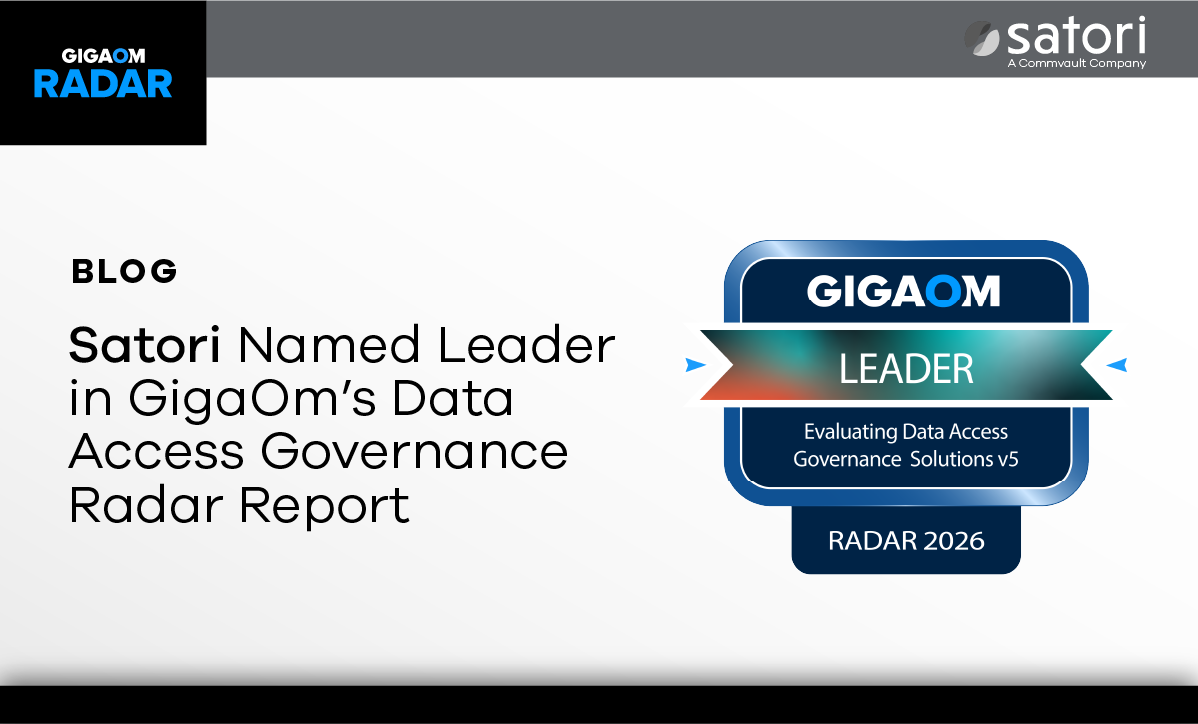In the fast-paced world of software development, the pressure to deliver new features and patches quickly is immense. However, the recent CrowdStrike incident serves as a stark reminder that even the most well-intentioned updates can have unintended consequences when released without proper precaution.
The Problem: CrowdStrike’s Patch Gone Wrong
In July 2024, CrowdStrike, a leading cybersecurity firm, released a security patch designed to protect its customers from a critical vulnerability. Unfortunately, shortly after deployment, the patch itself triggered widespread outages, impacting a significant portion of CrowdStrike’s customer base.
This incident highlighted a fundamental challenge in software deployment: the difficulty of fully anticipating how a change will interact with the complex, real-world environments in which software operates.
The Solution: Staggered Releases – A Safety Net for Software Deployments
The CrowdStrike incident underscores the importance of staggered releases as a risk mitigation strategy. Instead of deploying a change to the entire user base at once, a staggered release gradually rolls out the update to a smaller subset of users over time. This approach offers several key benefits:
- Early issue detection: By exposing the change to a limited group, potential problems can be identified and addressed before they impact a larger audience. This minimizes the blast radius of any unforeseen issues.
- Faster rollback: In the event of a serious issue, a staggered release allows for a quicker rollback to the previous version, limiting the overall impact on users.
- Controlled testing in production: Staggered releases create a controlled environment for testing changes in real-world scenarios, complementing pre-production testing efforts.
- Customer confidence: Companies that adopt staggered releases demonstrate a commitment to quality and risk management, which can enhance customer trust.
Commvault’s Proven Approach
Here at Commvault, we have long recognized the value of staggered releases. We employ a multi-layered approach that includes rigorous testing in pre-production environments, followed by phased rollouts to our SaaS and software customers. This meticulous process allows us to thoroughly validate changes in real production environments before they reach a wider audience, helping to enable the stability and reliability of our solutions.
Staggered Releases: More Than Just a Best Practice
While the CrowdStrike incident may seem like an isolated event, it’s a harsh reminder that no software release is foolproof. Staggered releases provide a crucial safety net that can prevent minor issues from escalating into major disruptions. By adopting this approach, companies can not only protect their customers but also safeguard their own reputation and business continuity.
Key Takeaways for Software Development Teams
- Prioritize risk mitigation: Always consider the potential impact of a change, no matter how small or beneficial it may seem.
- Test, test, test: Thorough testing is essential, but it’s impossible to anticipate every scenario. Staggered releases offer an additional layer of validation.
- Phased rollout: Gradually introduce changes to your user base, starting with a small subset and expanding over time.
- Monitor closely: Track the performance of the change after each phase of the rollout and be prepared to adjust your plan if necessary.
By embracing staggered releases as a standard practice, software development teams can strike the right balance between innovation and stability, delivering value to customers while minimizing the risk of disruption.


